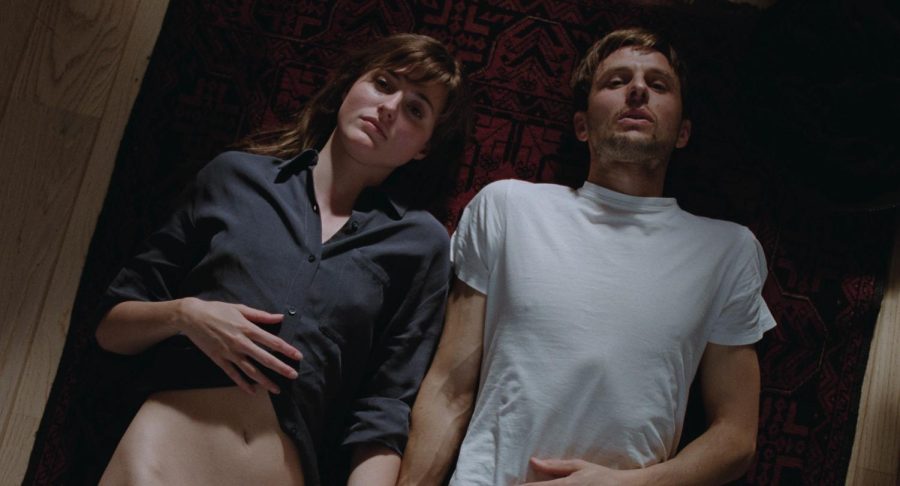Sundance: ‘The Worst Person in the World’ is an Observant, Funny Look at Millennial Unrest
Renate Reinsve and Anders Danielsen Lie in a still from “The Worst Person in the World.” (Courtesy of Sundance.org)
January 24, 2022
Toward the beginning of Joachim Trier’s “The Worst Person in the World,” the main character, the titular worst person in the world, Julie (Renate Reinsve), is told by her boyfriend, underground comic book artist Aksel (Anders Danielsen Lie), “It’s like you’re still waiting for something. I don’t know what.”
Aimlessness is one of the trickiest conditions to portray on film because it’s so inert. It’s the direct opposite of an active state, so how can a character move the plot forward if they don’t know what decisions to make? Ambivalence and struggling to understand one’s purpose in life is felt internally, so the question of how to visualize it on screen is not an easy one to answer.
In “The Worst Person in the World,” Trier makes it look easy. Playful stylistic touches and a novelistic commitment to meticulously revealing the complications and contradictions of Julie’s character allow the audience to intimately come to know her. During the opening, the narrator wonders, “When was life supposed to start?” and as Julie stumbles around Oslo, Norway trying to find the answer, we become invested in her decisions and understanding the thinking behind them, even if we don’t necessarily agree.
A Coming-of-Age Tale for Millennials
“The Worst Person in the World” is a coming-of-age tale where the main character is a little older than is usual for the subgenre. Nearly thirty-year-old Julie begins the movie as a medical student, but after deciding that she’s more interested in the human mind than the body, switches to psychology. It’s not much longer before Julie is buying camera equipment and taking photography classes, wondering if she should become a photographer, before she ends up working at a bookstore. As Julie drifts through careers, she also drifts between two men — the much older Aksel and the affable, easy-going Eivind (Herbert Nordrum). The movie is split into twelve chapters, along with a prologue and epilogue, and while the chapters all differ in content and tone, they are each tender, funny and full of sharply observed details of recognizably human behavior.
Headed up by an Astonishing Lead Performance
Julie is not actually “The Worst Person in the World,” but a young woman with charm and intelligence who has no idea what she wants out of life. She’s flaky and will contradict herself within the same sentence, but she’s terribly, achingly human. Moments from Julie’s life may remind you of the person you see in the mirror. Reinsve rises to the challenge of playing such a complicated person with a smart and vibrant performance — her darting eyes let us know that she is constantly searching for something but she doesn’t know what. Just as good is Lie, particularly in the unsentimental, but emotional way he plays his final scene.
The writing of Trier and Eskil Vogt is laugh-out-loud funny, along with being incredibly sharp and honest. It never takes the easy way out of a scene, or wrap things up neatly for Julie. At its core, the movie is about the fact that life is what happens to you while you’re making other plans — it’s a state of becoming and not being. The film’s ending does not feature a light bulb going off over Julie’s head and her realizing a homespun truth. She will continue to learn and change for the rest of her life, and isn’t that like all of us?








